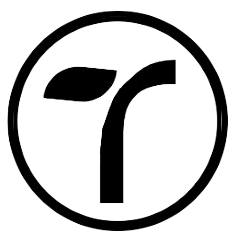- www.etaiyari.com

The CBSE is a national level board of education in India, controlled and managed by the Government of India. CBSE conducts Class 12th exams, which are crucial for higher education admissions.
Students can choose from three main streams:
Students can also select elective subjects like Physical Education, Fine Arts, Music, etc.
Board examinations are typically held in February-March. The exam pattern includes both theory and practical assessments. Theory papers usually range from 70 to 100 marks, depending on the subject, while practical exams are typically 20 to 30 marks.
The evaluation system follows a cumulative assessment approach. Grading is done on a 9-point scale, ranging from A1 (highest) to E (lowest). Internal assessments and project work are part of the evaluation process.
Results are generally declared in May. Students receive a mark sheet and a passing certificate if they meet the minimum passing criteria.
Class 12th marks are crucial for college admissions in India and abroad. Different universities and colleges have specific cut-off marks for various courses.
The CBSE periodically updates its curriculum and examination pattern to align with current educational standards and trends. Recent changes may include the introduction of more objective-type questions and competency-based assessments.
The syllabus for each subject is designed by the National Council of Educational Research and Training (NCERT). The curriculum emphasizes conceptual understanding, practical skills, and application of knowledge.
For the latest syllabus, click on the links below:

Topped the CBSE Class 12 exams in 2018 with 499 out of 500 marks.

Scored 99.6% in the CBSE Class 12 exams and went on to study Economics at Shri Ram College of Commerce

Topped the CBSE Class 12 exams and later cleared the UPSC Civil Services Examination with flying colors